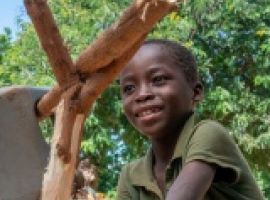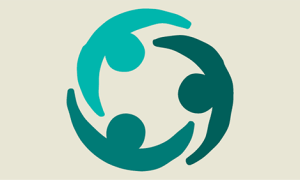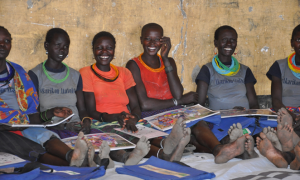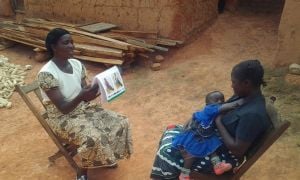
Read our 2022 annual report

Knowledge Hub
Shifting management of a community volunteer system for improved child health outcomes in Burundi
Community-based strategies that foster frequent contact between caregivers of children under five and provide credible sources of health information are essential to improve child survival. Care Groups are a community-based implementation strategy for the delivery of social and behaviour change interventions.
This study assessed if supervision of Care Group activities by Ministry of Health (MOH) personnel could achieve the same child health outcomes as supervision provided by specialised non-governmental organization (NGO) staff.
Methods
The study was a pre-test – post-test quasi-experimental design implemented in Burundi. A total of 45 MOH-led Care Groups with 478 Care Group Volunteers (CGVs) were established in the intervention area; and 50 NGO-led Care Groups with 509 CGVs were formed in the comparison area. Data were collected from 593 and 700 mothers of children 0-23 months at baseline and endline, respectively. Pearson’s chi-squared test and difference-in-difference analysis assessed changes in 40 child health and nutrition outcomes. A qualitative process evaluation was also conducted midway through the study.
Results
The MOH-led Care Group model performed at least as well as the NGO-led model in achieving specific child health and nutrition outcomes. Mothers of children 0 – 23 months in the intervention and comparison sites reported similar levels of knowledge and practices for 38 of 40 dependent variables measured in the study, and these results remained unchanged after accounting for differences in the indicator values at baseline. Process monitoring data confirmed that the MOH-led Care Group model and the NGO-led Care Group model were implemented with similar intervention strength.
Conclusions
The study demonstrated that behaviour change interventions traditionally led by NGOs can be implemented through the existing MOH systems and achieve similar results, thereby increasing the potential for sustainable child health outcomes. Future research on the MOH-led Care Group model is required to systematically document all inputs and monetary costs borne by the MOH to implement the model.
This publication is made possible by the generous support of the American people through the United States Agency for International Development (USAID). The contents are the responsibility of Concern Worldwide and do not necessarily reflect the views of USAID or the United States Government.




